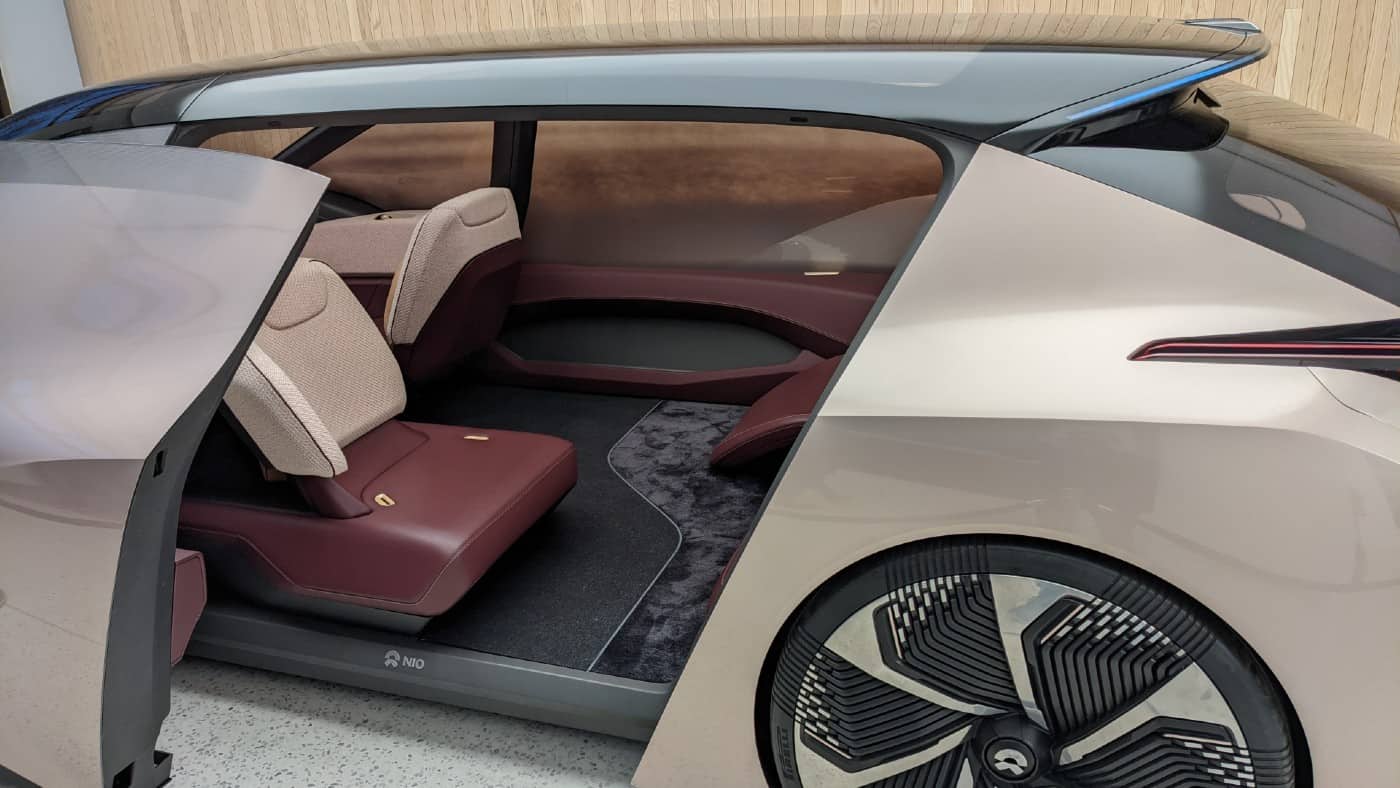NIO (NYSE: NIO) shares had yet another disappointing day of trading yesterday, closing 11% lower at $17.77. Over the past 30 days, the stock has fallen 26% and year-to-date returns are even bleaker, with the share price falling over 46%.
The primary reason for the drop in NIO shares yesterday was tied to the Hong Kong Stock Exchange. NIO decided to list secondary shares on that exchange to help mitigate the risk of Chinese regulatory pressures. This news was initially met with optimism, as the shares rose by double-digits on March 9, the day before being listed. However, after its debut trading day there, the shares closed 0.7% lower. This poor result seems to have spilled over into the American market, pushing NIO shares down.
I’ve been a holder of the stock for some time, so the recent share price movements have been pretty painful to watch. However, I am still a firm believer that the shares could offer long-term growth. As such, is now a good time for me to load up on more? Or should I steer clear of the Chinese EV powerhouse?
Electric growth
In its February 2022 delivery update, NIO announced it had delivered 6,131 vehicles, up just under 10% year-on-year. In addition to this, total deliveries for 2022 so far are up 23.3% compared to the same period in 2021. This momentous yearly growth is not exclusive to 2022 either. In fact, the firm’s deliveries for 2021 were over 109% higher than in 2020. If NIO can keep delivering stellar figures like these, I think investors will feel more positive about the shares.
Risks for NIO shares
Regardless of the exceptional growth at the firm, there are still a number of headwinds the business needs to overcome before it can be said to be plain sailing. Firstly, the EV industry is becoming extremely competitive. NIO has direct competitors such as Xpeng and Li Auto, which both saw 100%+ sales increases in January.
In addition to this, more established big names such as Ford and General Motors are pouring billions into building all-electric fleets with mass-scale existing manufacturing. For context, BDO reported that the top 20 global carmakers spent a combined £71.7bn on EV R&D from 2019-2020.
Rising interest rates are also a direct threat to NIO shares too. Firstly, high growth stocks are hit hardest when rates rise, due to decreased investor confidence. Secondly, it magnifies debts. NIO currently has almost $6bn of long-term debt on its balance sheet and hence rising rates could pose a big threat to the company.
What I’m doing now
NIO shares suffered due to a disappointing debut trading day on the Hong Kong exchange. However, I won’t be using this dip to add more shares to my portfolio. In my opinion, the current headwinds the firm must face are simply too risky to ignore.








